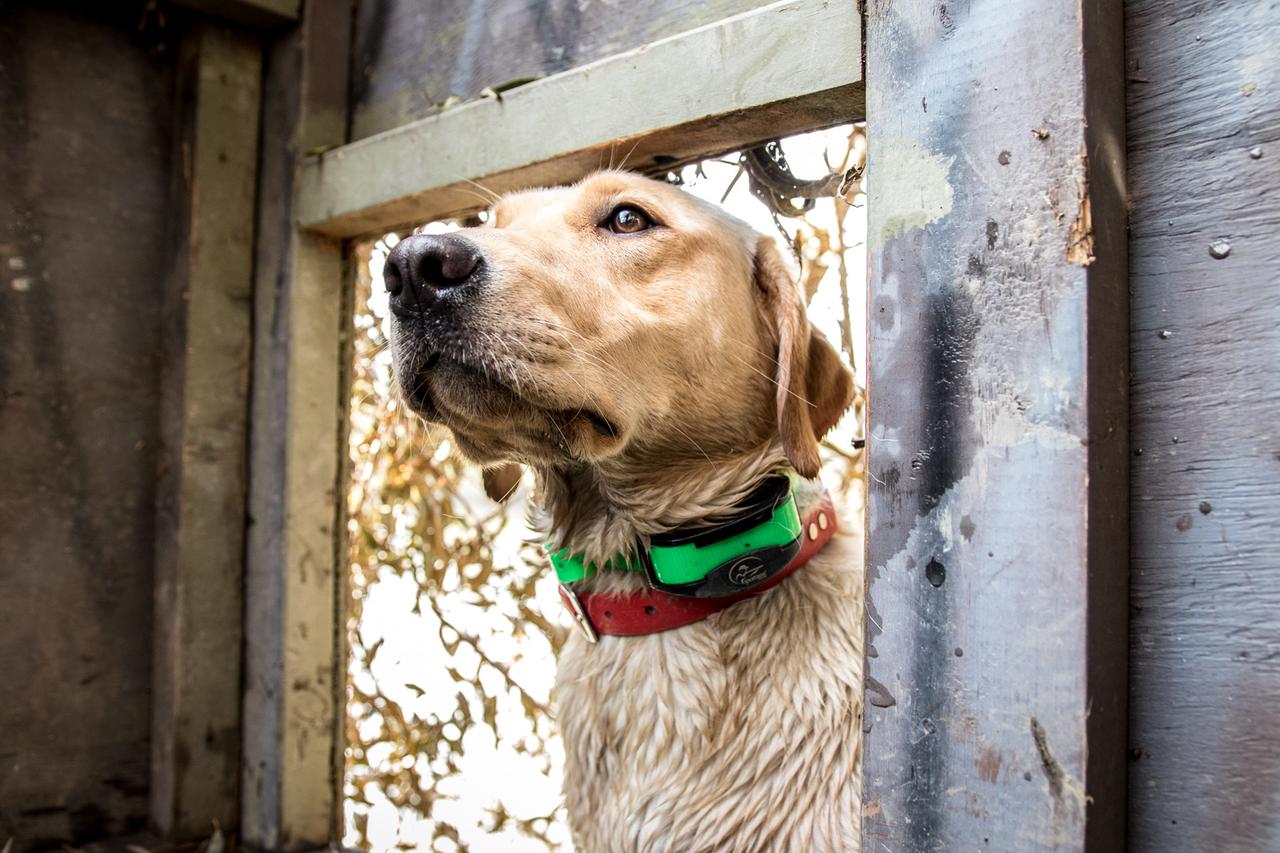
Pup’s First Hunt: Building Your Future
Posted by The SportDOG StaffA puppy’s first season, and more specifically, his first hunt, can be the most pivotal in his life as a gun dog. You only get one chance to make a first impression, and that impression can have a major impact on how a young dog is molded into a hunting companion who will be by your side for years to come. If you want to build a duck dog, follow these simple tips for your first hunt.
First, be sure your dog is completely prepared for the task. What I mean by that is the dog has been through formal obedience and formal force fetch, and he must be steady for singles. The dog should have been introduced to gunfire, birds and water. Next, he should have experience being shot over and working in and around decoys.
Also, I am going to be sure my young dog has been introduced to the things he’s going to experience that day. This means everything from riding in a boat, to riding in the back of an Argo or a Ranger. We understand and enjoy those things, but we have to recognize that they could be confusing to a dog the first time he encounters them. I have many clients who run boats with 250 hp engines on the back, and I have tons of clients who use Argos. If these things are new to a dog, they can really freak him out. That can start the whole experience off in the wrong way. So first, make sure that your dog is introduced to all of the equipment that you’re going to be using that day.
Next, check the weather. This is critical. You do not want to bring a dog on his first hunt in severe weather. Ice is the biggest problem. I know hunters are anxious to get their new dog out there. They’ve spent all this money on their puppies. They spend money on formal training. They spend all their time getting ready. It’s opening day, and they want to hunt. But if this is your pup’s first season, check that weather. Think about the experience. This is a huge moment for the dog.
Here’s how to do it right: When you get out of the truck, put that dog under full control. Put him on a leash. If you’ve trained on the e-collar, use a leash and e-collar. Put the dog straight into the boat, the Ranger, or whatever you are going to use to get to the blind. I want total control of the dog. When I get to the blind, I carry him straight to where he’s supposed to sit. I put him right there, and I hook him to the blind or the boat with a short leash. He can’t leave. He can’t break. He can’t knock all the shotguns over, and he can’t become a safety issue to the hunters.
I also make sure he can see everything. I don’t have him all camouflaged in. It’s opening day, or at least early in the season, I want that dog where he can see what’s going on. I’m also going to be sure he’s safe from muzzle blast.
This first hunt should be with a small party – only two or three people. I don’t want 10 shotguns going off over that dog’s head the first hunt. I want one or two guys to shoot the bird with one or two shots. They kill one duck at a time. When that bird hits the water, I want to release the dog. I’ll calmly unhook and send him out there. When he picks it up, and brings it back, we put the hunt on hold for a few minutes and give him a couple or three fun retrieves with the bird. Then, we hook him back up and try to kill another one.
These first few hunts are not about the people in the blind. It’s about the dog. We’re trying to build a hunting companion for the next 10 or 12 years. So we’re not going to kill as many birds. Remember, this dog is green. He has no idea what to expect. None of us were perfect hunters the first time we went out. Neither is your dog.
When the dog is done with the hunt, whether you limited out or you killed two or three birds, have a hunting partner go out in the field with a duck. Blow the duck call, have your helper throw the duck, and then you raise up and shoot straight up in the air. Then send the dog. We do six or seven retrieves like this at the end of the hunt. Then, we take that dog, put him back on the leash, put him back in the Ranger or the boat and we go back to the pickup. When we get there, I put him back in his box and put him away.
We don’t do “fun time” or running around out in the field like a moron. There is none of that. I want that dog to know there is total control from the time we leave the truck until the time I put him back in. This sets the precedent for how he’s supposed to behave throughout the hunt.
It’s a success if we’ve killed some birds over him in a low-stress environment. We’ve already introduced him to the blind, the decoys and all that other stuff before the hunt. Now, we applied it. We even gave the dog a bonus by giving him some more retrieves after the hunt. When you come back the next day, you’ll have yourself a duck dog. It’s amazing how much that first hunt sets you up for success in the future.
Related Articles
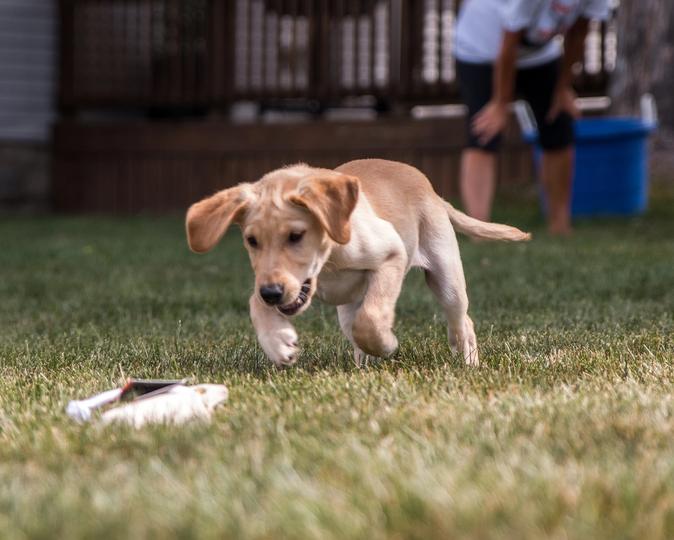
Where to Begin with Puppy Training
by The SportDOG Staff
There are several different things that need to be done for and with a new puppy. First and foremost make sure all pup’s shots are on time and up to date. Find a local veterinarian and set up an appointment for your new companion. This is one of many places you...
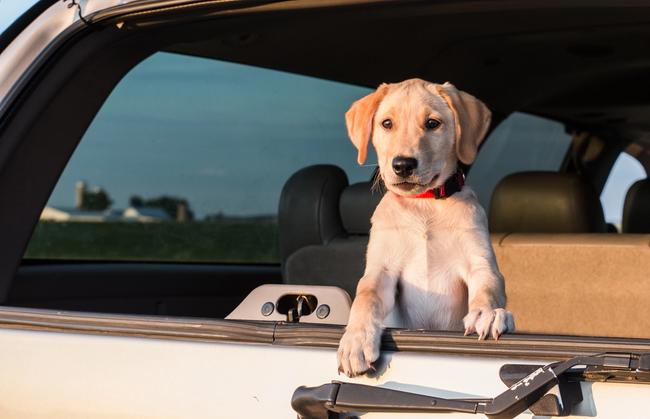
What Does “Socializing” Your Puppy Mean?
by Tom Dokken
You hear a lot about “socializing” your puppy, but what does that mean and why is it important? Socializing is actually training. By that I mean that every time you are with your puppy he is learning something. You need to make sure he’s learning what you want him to...
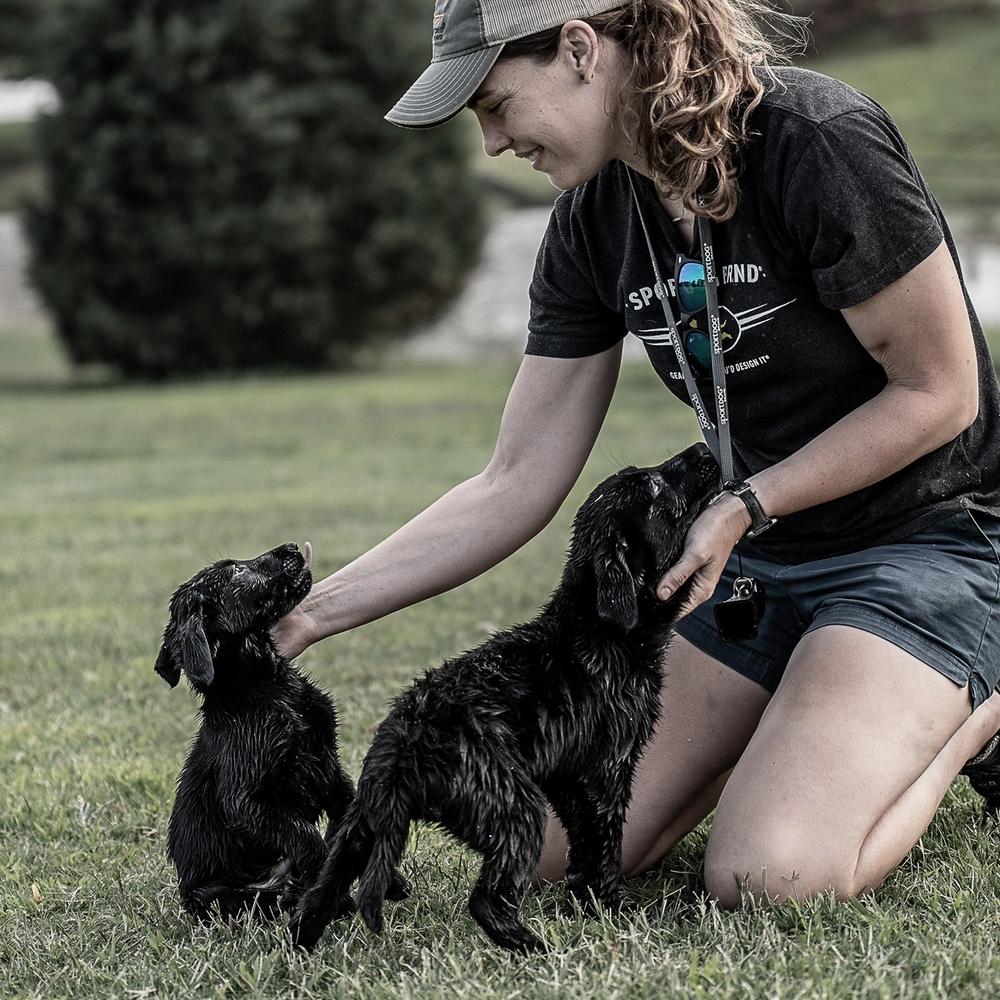
Choosing a Hunting Dog Puppy - Video
by The SportDOG Staff
In this SportDOG Training Tip (originally aired on Pheasants Forever TV) SportDOG Brand Senior Pro Staffer Chris Akin walks you through selecting a puppy. Akin discusses the pros and cons of owning, hunting and training females dogs versus males.
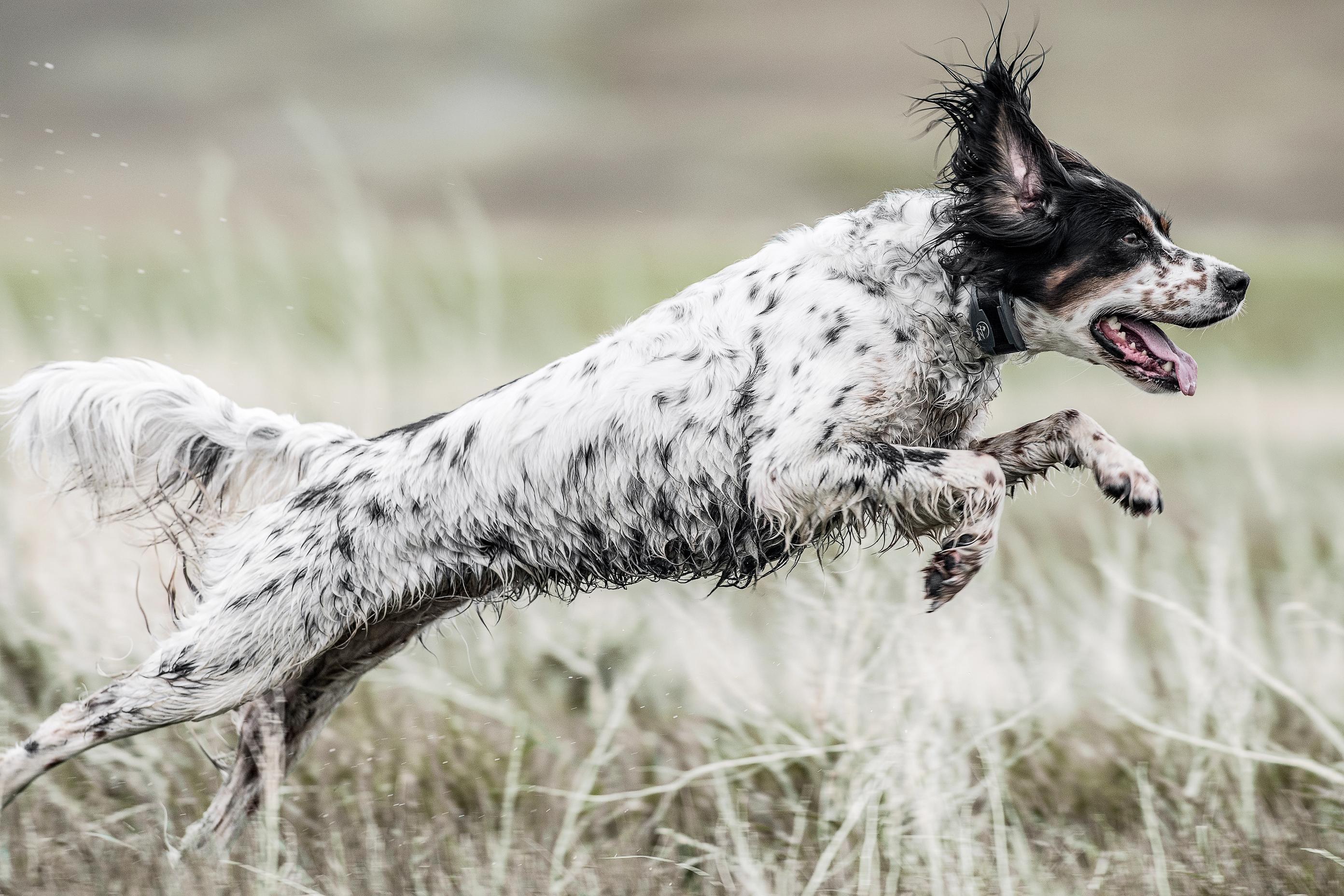
When Your Dog Should Enter the Hunt
by The SportDOG Staff
Young dogs take a while to develop into the hunting or field trial champion you want. Your knowledge that the pup you chose is from proven hunting stock is just the beginning. I have been spoiled. During hunting and field trial seasons, I have always had older, veteran dogs to rely...
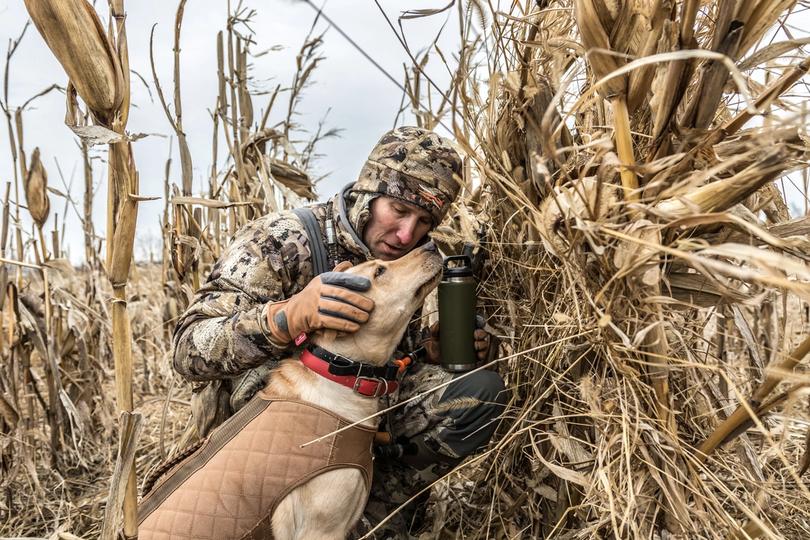
Pup's First Hunt - Video
by The SportDOG Staff
In this SportDOG Training Tip (Originally Aired on Pheasants Forever Televsision) SportDOG Senior Pro Staffer Tom Dokken gives tips on your pup's first hunt. A gun dog's first time in the field should set him up to enjoy hunting for the rest of his life.
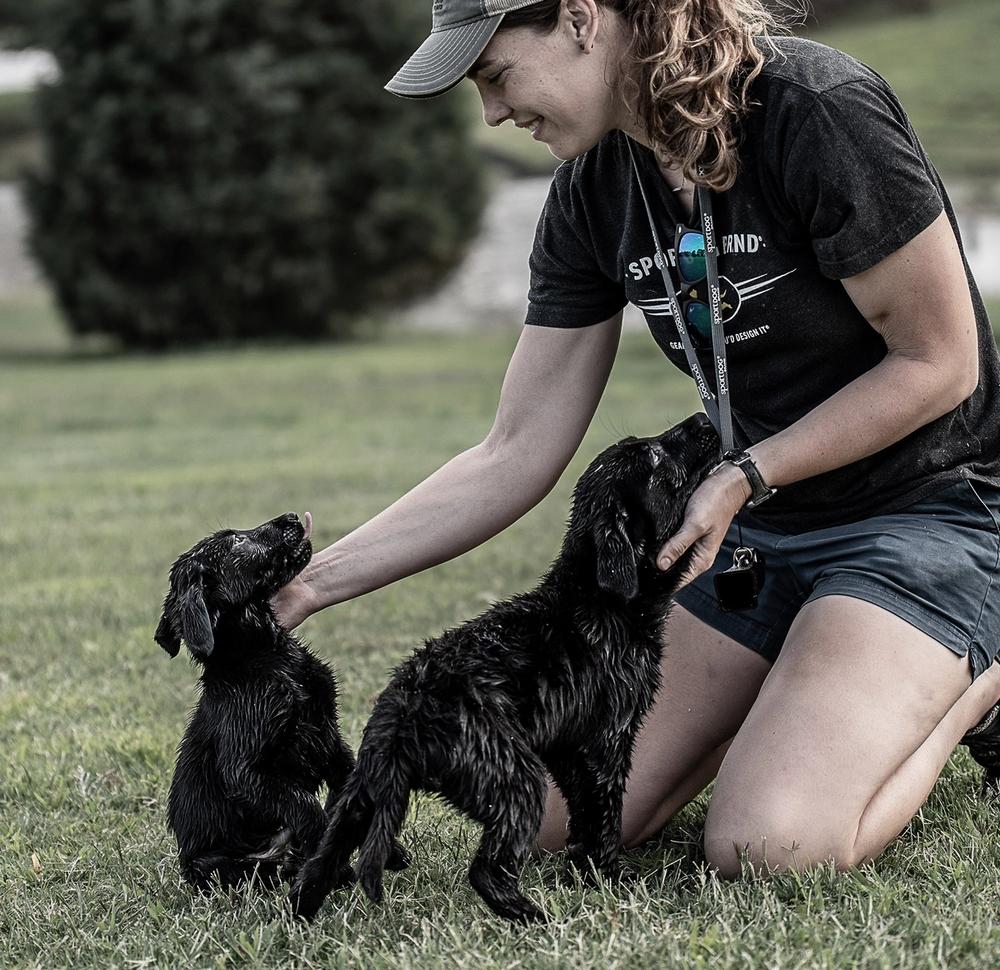
Finding Your Perfect Retriever Puppy - Video
by The SportDOG Staff
In this SportDOG Training Tip (originally aired on Pheasants Forever TV) SportDOG Brand Senior Pro Staffer Chris Akin walks you through selecting a puppy. Akin discusses the pros and cons of owning, hunting and training females dogs versus males.
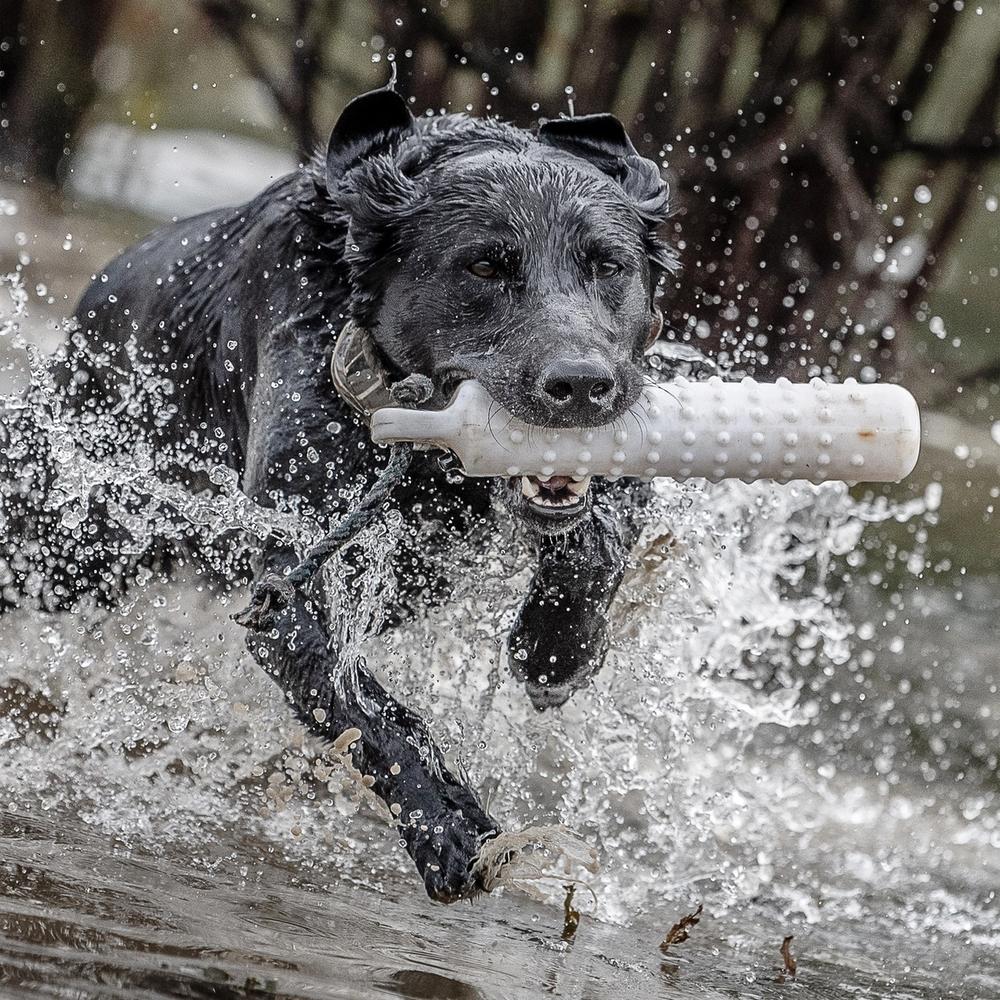
Retriever Training: The Transition to Water
by Tom Dokken
Retrievers love water, so you wouldn’t think that transitioning from land retrievers to water retrieves would be difficult. It isn’t, as long as you follow a few simple guidelines. The key to a smooth introduction and continued improvement on water retrieves is to work in baby steps, just like you did...
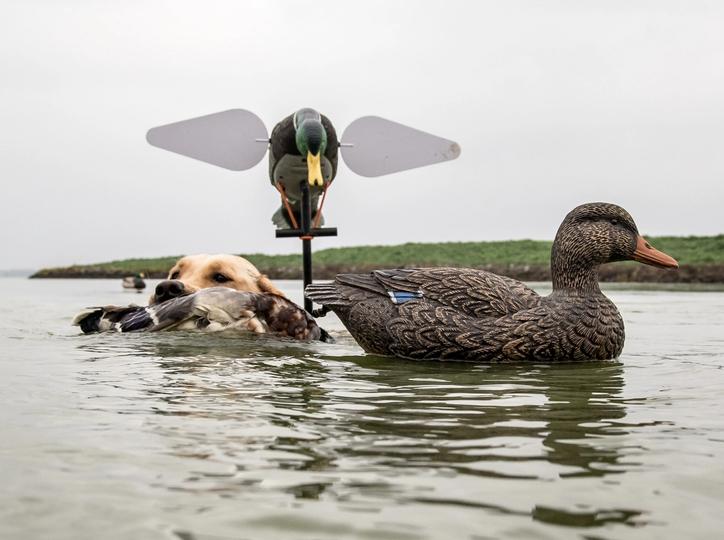
Don't Forget to Introduce Your Duck Dog to Decoys
by The SportDOG Staff
In our excitement to build a retriever into a top-notch waterfowl dog, it’s easy to forget small but important details. For example, your dog might make you proud when he completes a long retrieve. But the first time you ask him to swim through four dozen decoys to retrieve a...
